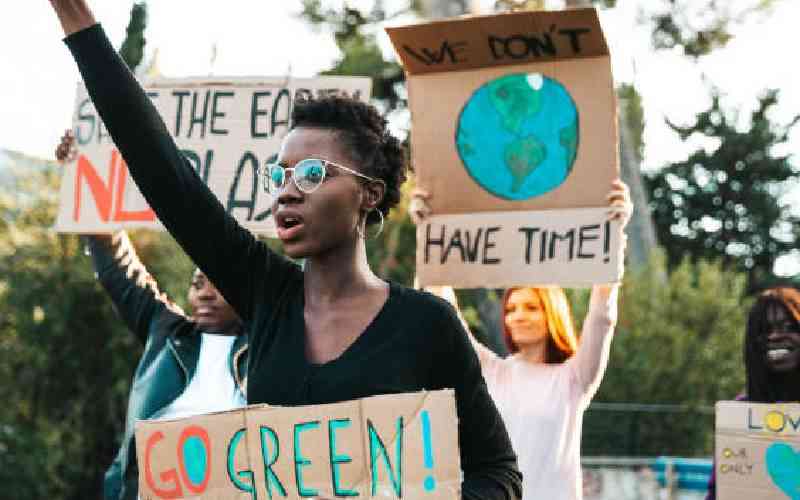×
The Standard e-Paper
Join Thousands Daily

African governments and non-state actors are pushing for climate financing to help millions of citizens adapt and recover from climate impacts.
On June 3, the session of the UN Climate Change Subsidiary Bodies (SB60) kicked off in Bonn, Germany where parties are discussing and preparing the agenda and decisions for the annual Conference of the Parties (COP).